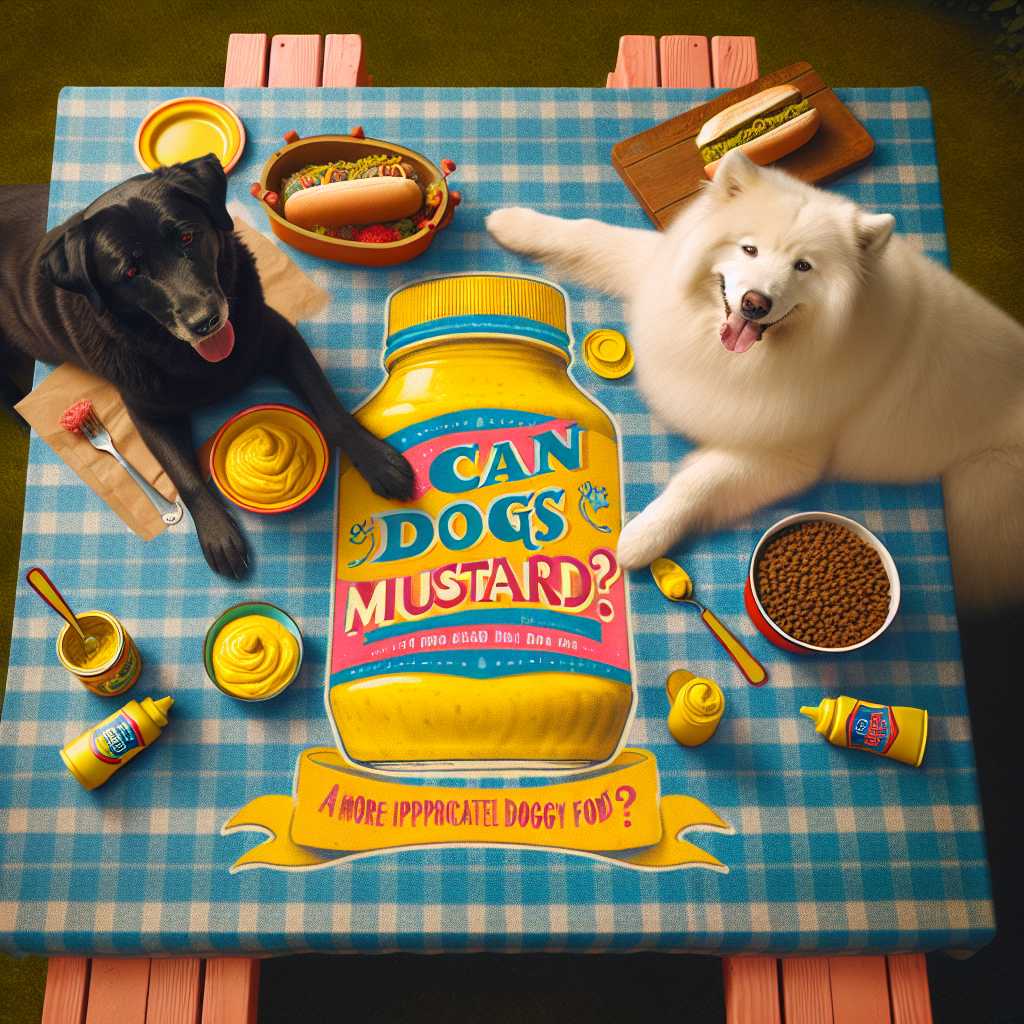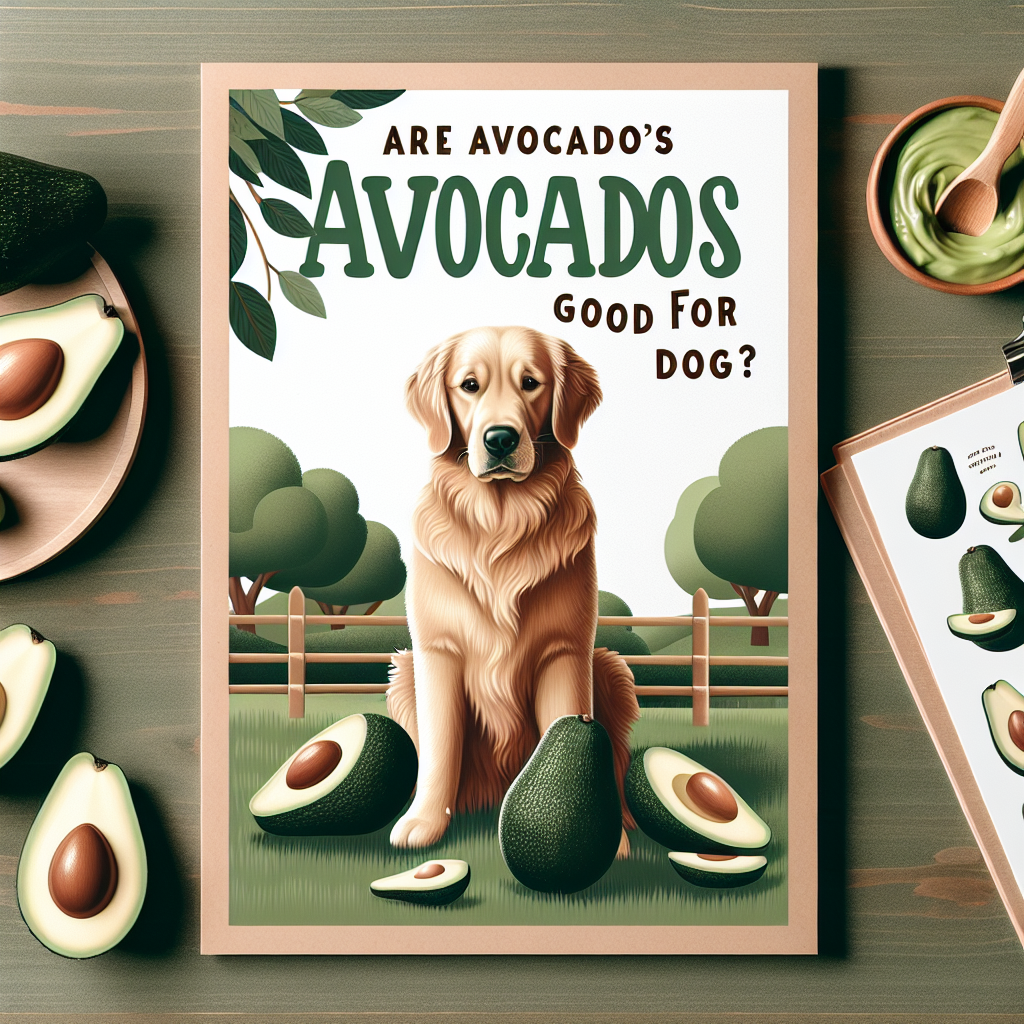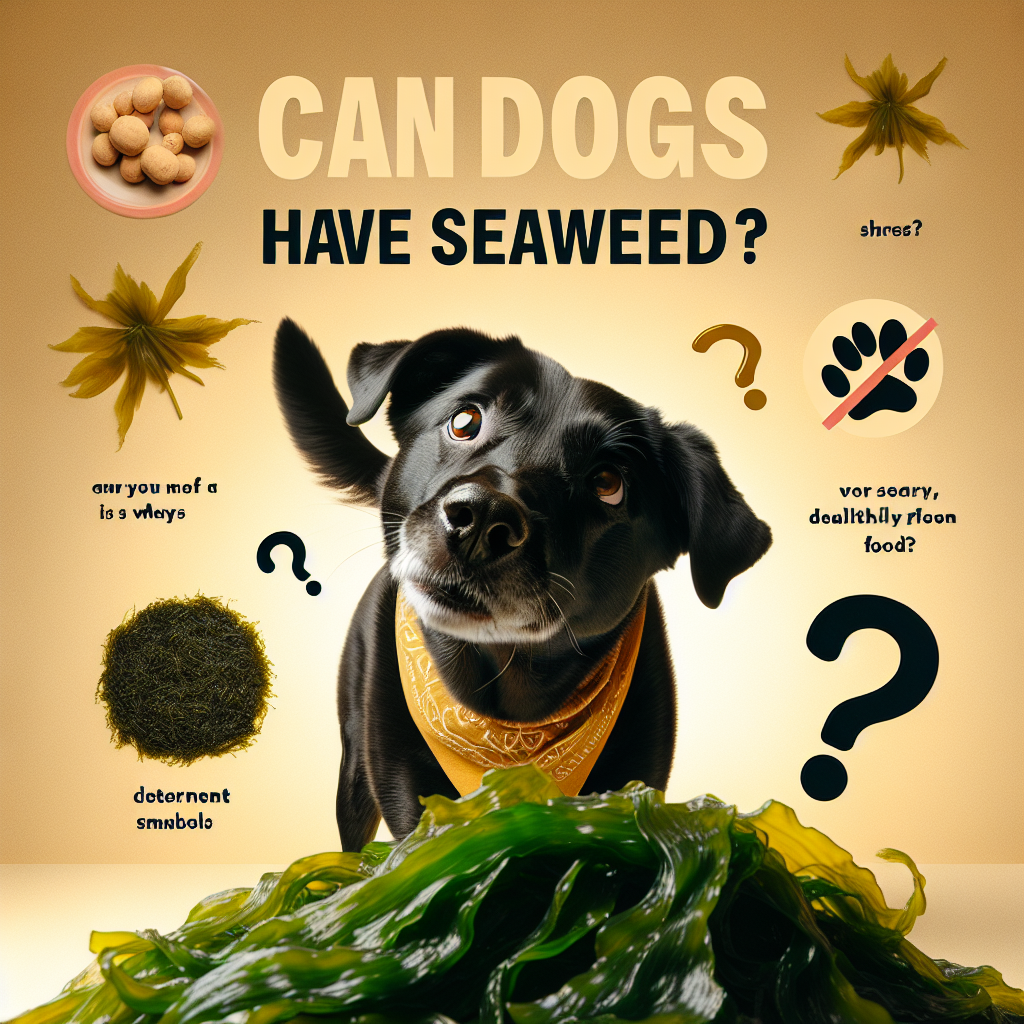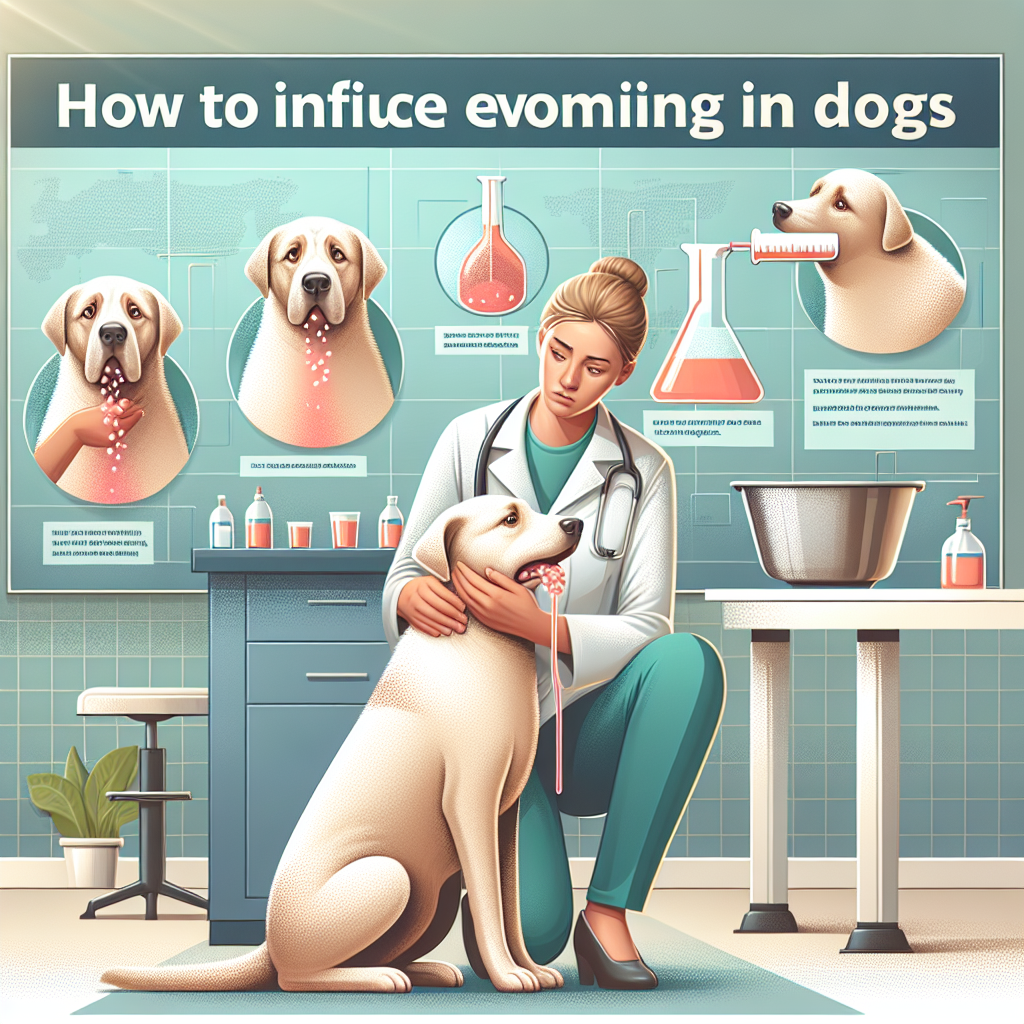As a devoted dog owner, you may find yourself sharing delightful moments with your furry friend, often involving food. Whipped cream is a popular treat enjoyed by many, both humans and pets alike. However, when it comes to treating our dogs, it’s essential to know what is safe for them to consume. So, the question arises: Can dogs have whipped cream? Let’s explore this topic to ensure your dog’s safety and well-being.
Understanding Whipped Cream
Whipped cream is a delicious dairy product made by whipping cream (or milk) with sugar and often flavored with vanilla. While it can add a delightful touch to desserts, the nutritional aspects can vary greatly depending on the ingredients used.
Nutritional Content
Whipped cream primarily consists of:
- Fats: Whipped cream is high in fat, which can be hard on a dog’s digestive system if consumed in large quantities.
- Sugar: Most commercially available whipped creams contain significant amounts of added sugar, which is unhealthy for dogs.
- Lactose: Many dogs are lactose intolerant, meaning they struggle to digest lactose, the sugar found in milk. This can lead to gastrointestinal issues like diarrhea or upset stomach.
Is Whipped Cream Safe for Dogs?
The short answer is: it depends. While a small amount of whipped cream is typically not harmful to dogs, certain factors should be considered:
1. Moderation is Key
If you decide to give your dog whipped cream, it should be in moderation. A small dollop as an occasional treat is generally safe. However, avoid giving them large quantities or making it a regular part of their diet.
2. Check Ingredients
Always check the ingredient list before giving whipped cream to your dog. Make sure it does not contain any harmful ingredients such as:
- Sugar substitutes: Some whipped creams may contain xylitol, a sweetener that is highly toxic to dogs.
- Flavorings: Artificial flavors and additives can cause adverse reactions in some dogs, so it’s best to stick with plain whipped cream.
3. Watch for Allergies
Just like humans, dogs can have food allergies or intolerances. Before introducing whipped cream into your dog’s diet, monitor them for any allergic reactions, such as itching, swelling, or gastrointestinal distress.
Healthier Alternatives
If you are concerned about the effects of whipped cream on your dog, consider offering healthier alternatives:
-
Whipped Coconut Cream: This is a lactose-free option that many dogs enjoy. Just make sure it has no added sugars.
-
Greek Yogurt: Plain, unsweetened Greek yogurt is a healthier alternative that provides probiotics, which can aid in digestion.
-
Frozen Fruit Treats: Blending fruits like bananas or blueberries with yogurt can create a tasty and healthy dog-friendly treat.
- Carob Whipped Cream: Carob is a chocolate alternative safe for dogs, and a whipped cream made from carob can be a fun treat.
Final Thoughts
While dogs can have whipped cream in moderation, it’s essential to consider the ingredients and your pet’s individual health needs. When introducing any new treat, always do so gradually and keep a close eye on how your dog reacts.
Always consult with your veterinarian if you have any concerns about your dog’s diet or before introducing new human foods into their meal plan. By making informed choices, you can treat your furry friend without compromising their health, ensuring they live a happy, healthy life.





